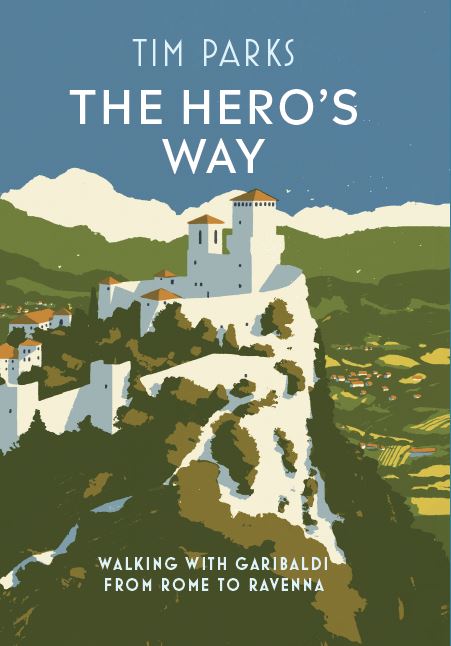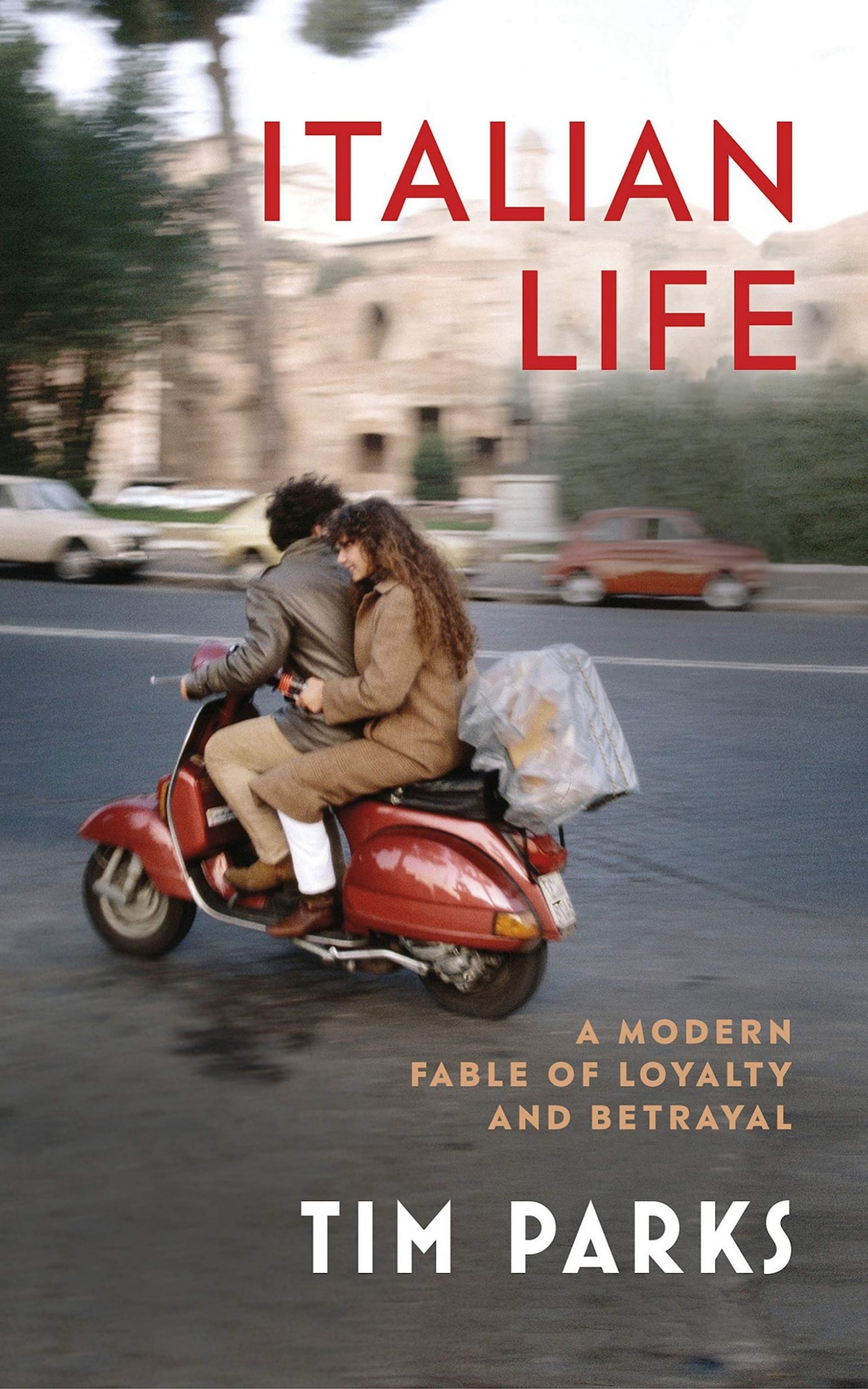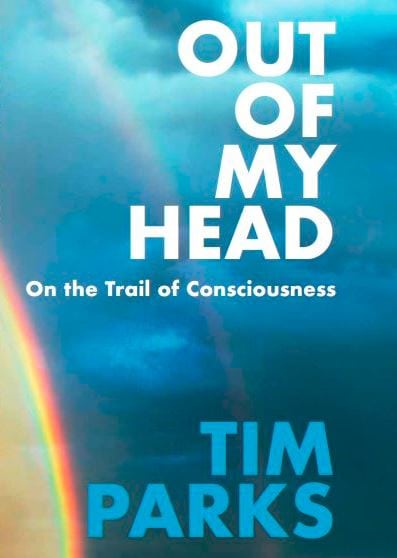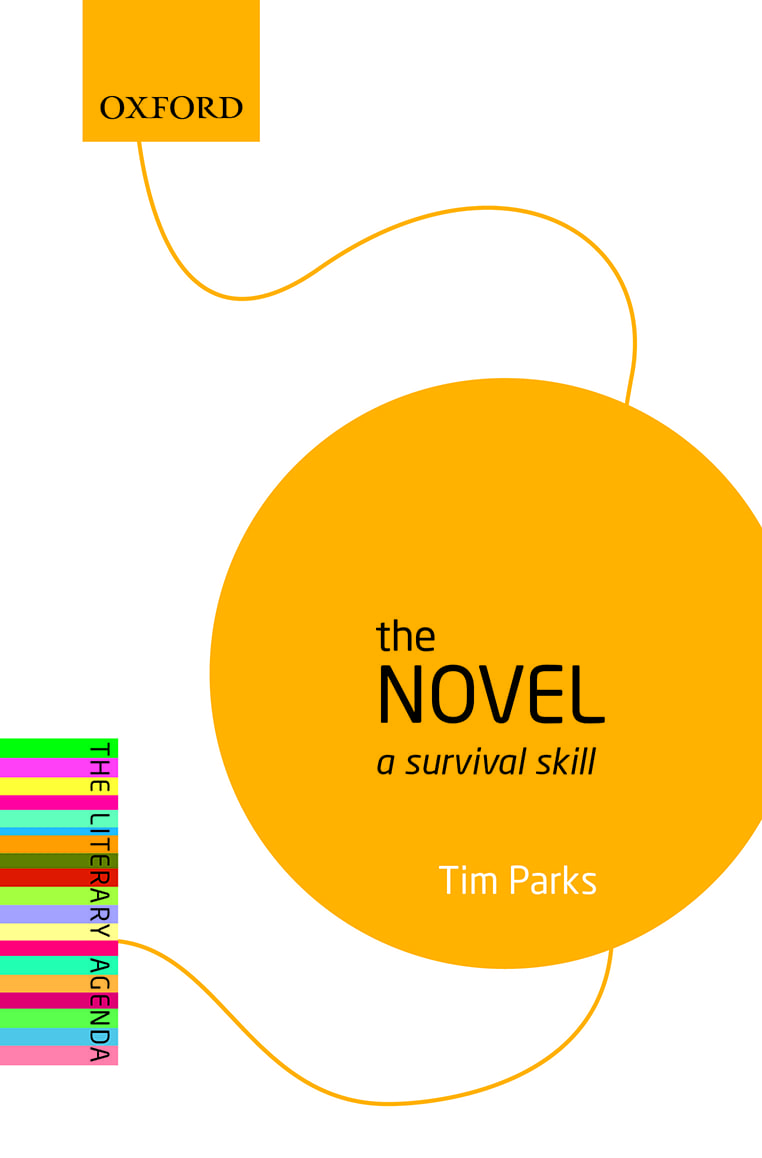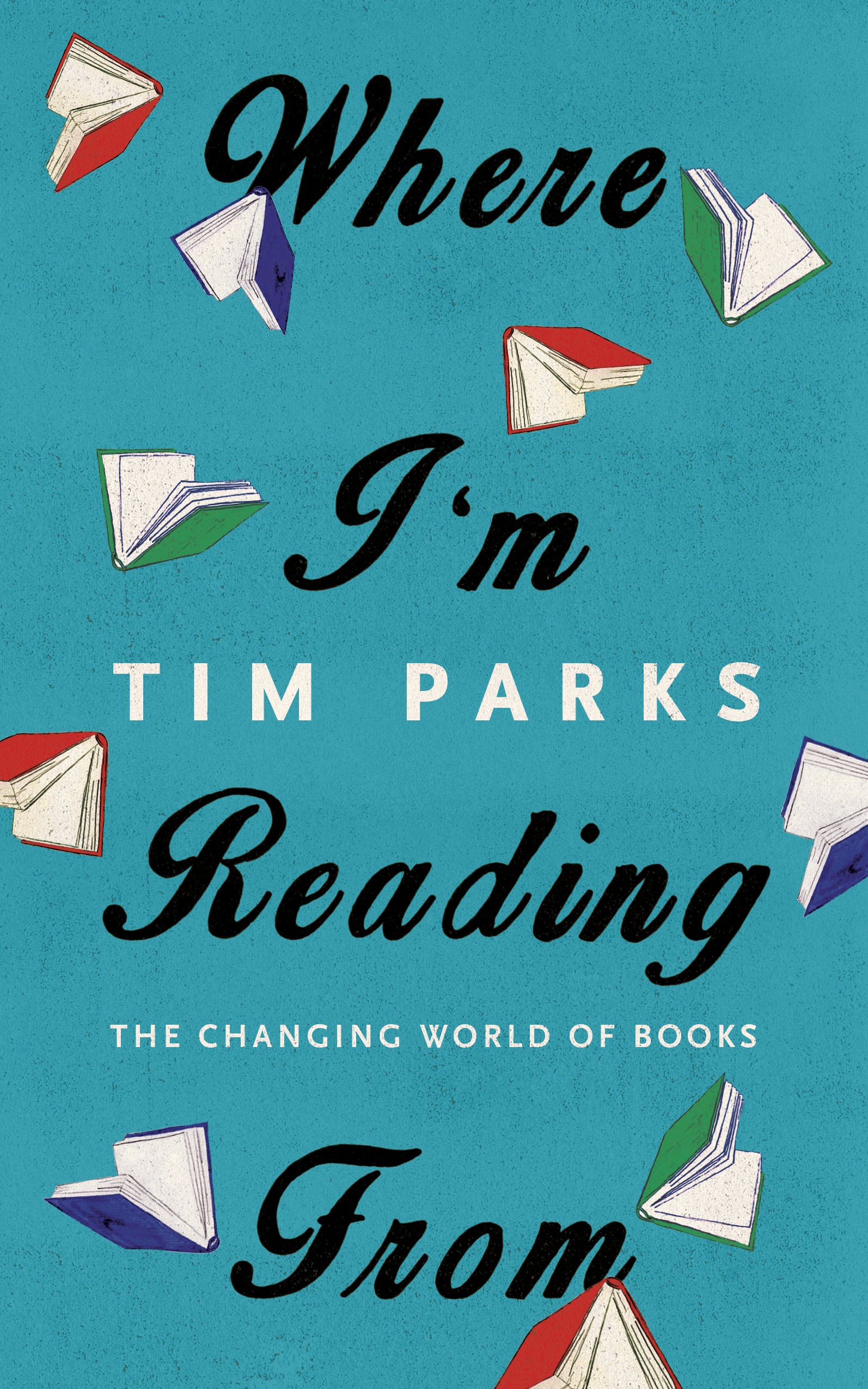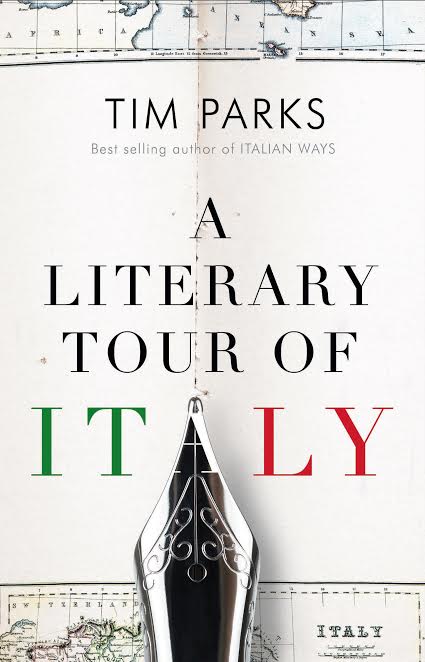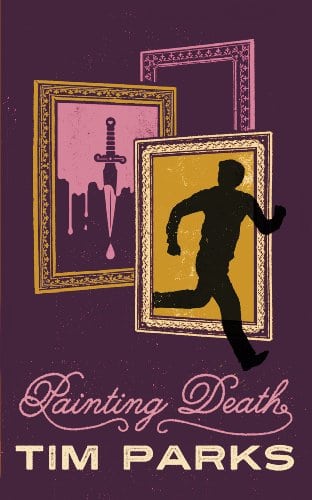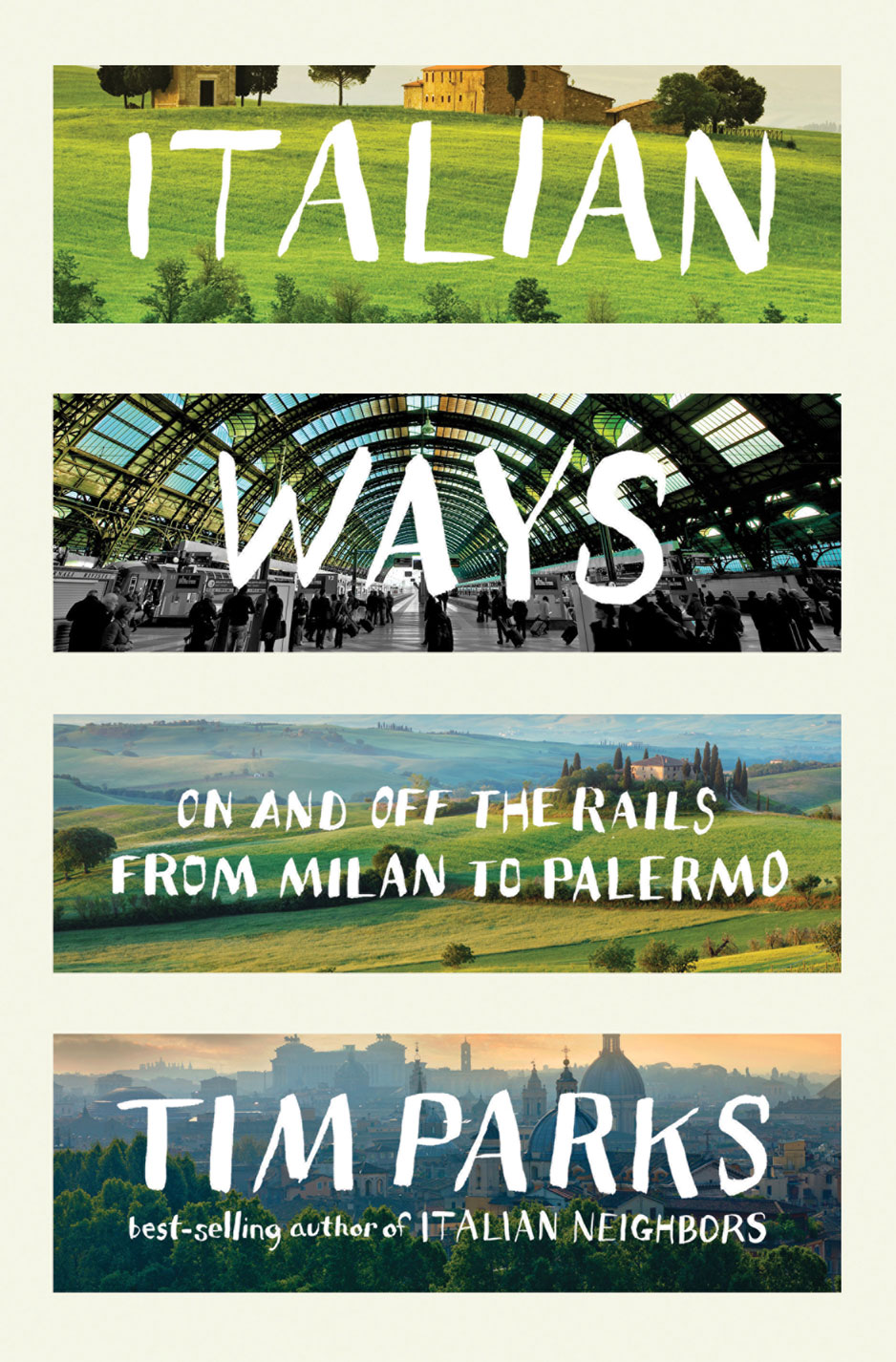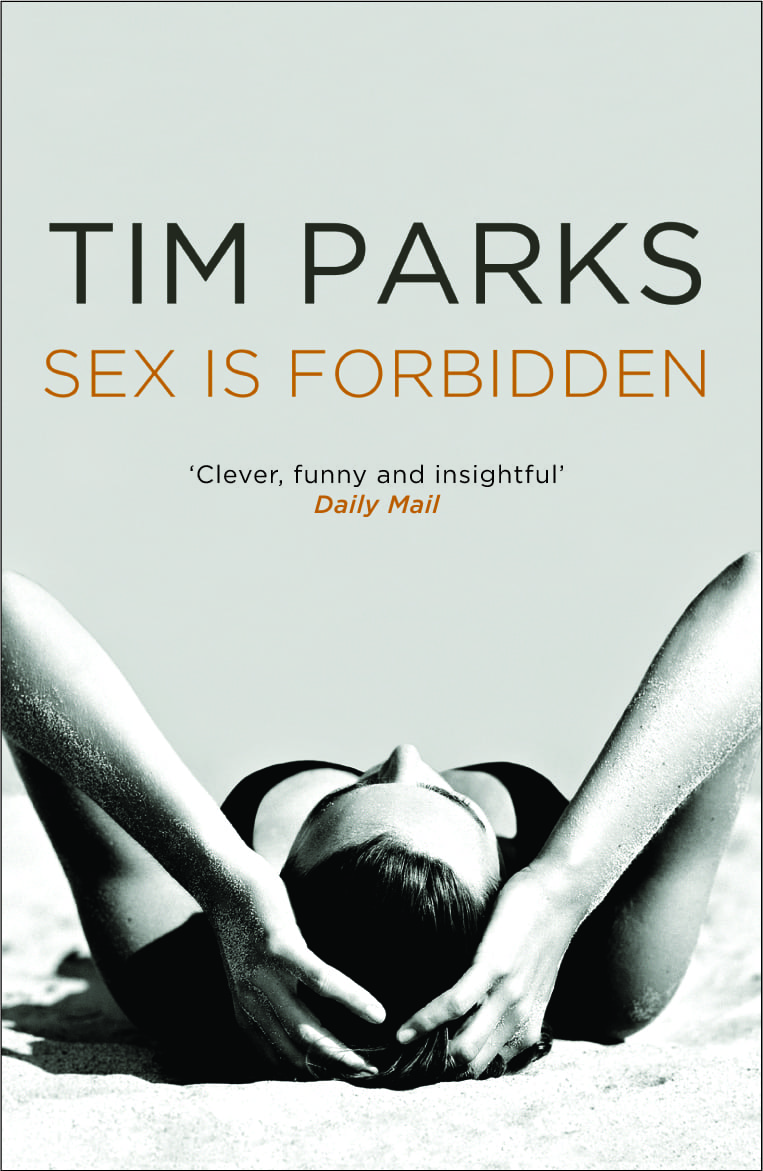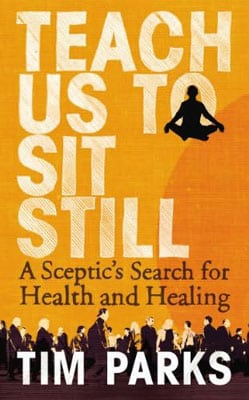A Euro-centric compendium that loses
no resonances in translation
The Independent, 22 October 2007
By Amanda Hopkinson
Tim Parks is a master of the essay, however much broken down into its component parts. Try him on first lines, his own or others’; I particularly enjoyed: “Wake up! This is the experience. At any moment, Lawrence may say something startling.” And he ends as stylishly as he opens, this time with the poet Leopardi: “Every Italian is more or less equally honoured and dishonoured.”
What could have been a hotchpotch of reviews, introductions and the odd conference paper amounts in The Fighter to something altogether more revelatory. Parks’s polymath pursuits here focus primarily – and bravely – on heavyweight novelists (Dostoevsky, Zola, Hardy, Thomas Bernhard) and on almost every historical, political and cultural aspect of his adoptive homeland, Italy. He has essays on Bassani and Berlusconi, Mussolini and Machiavelli, Garibaldi and Gabriele d’Annunzio.
There are diversions to consider the plays of Beckett, the experimental writings of the Austrian Nobel prize-winner Elfriede Jelinek, and the Swiss author Fleur Jaeggy (whom Parks translates), as well as on the art of literary translation and the science of the hypertext. Even here, his antecedents tend to be European – no mention of the beat poets.
That his reference-points should remain across the Channel rather than the Atlantic is a refreshing indication of how far Parks has travelled in moving from England to Italy 25 years ago. Yet he is candid on the otherness of being an emigrant. As a professional translator, he is honour-bound not to believe in “untranslatability”. But, the scion of evangelical Protestants, he acknowledges the lack of resonance that the English obsession with The Word, as laid down in the Authorised Version, has in the Italian version of an autobiographical novel.
Parks’s essays are bookmarked by two on Lawrence, his literary hero. Like Parks, Lawrence fell in love with Italy and made a mission of scrutinising it in sometimes “startling” prose written within a “strenuous” discipline. (Parks uses the latter adjective three times in as many paragraphs.)
At times, Parks’ own language becomes almost indecipherably entwined in homage to Lawrence’s. His own writing reaches a crescendo of expression that hauntingly marks Lawrence’s original. This makes for exciting reading as Parks has Lawrence merge, during his last months of painful life, into an identification with the early Etruscans: “becoming truly pagan”.



